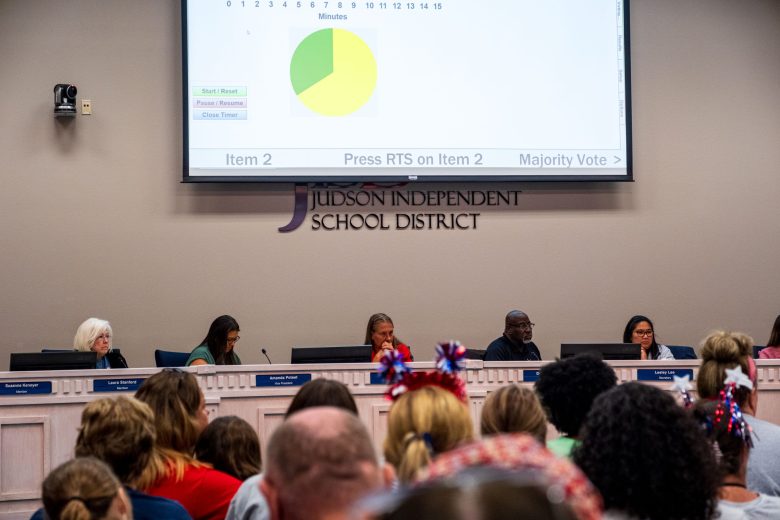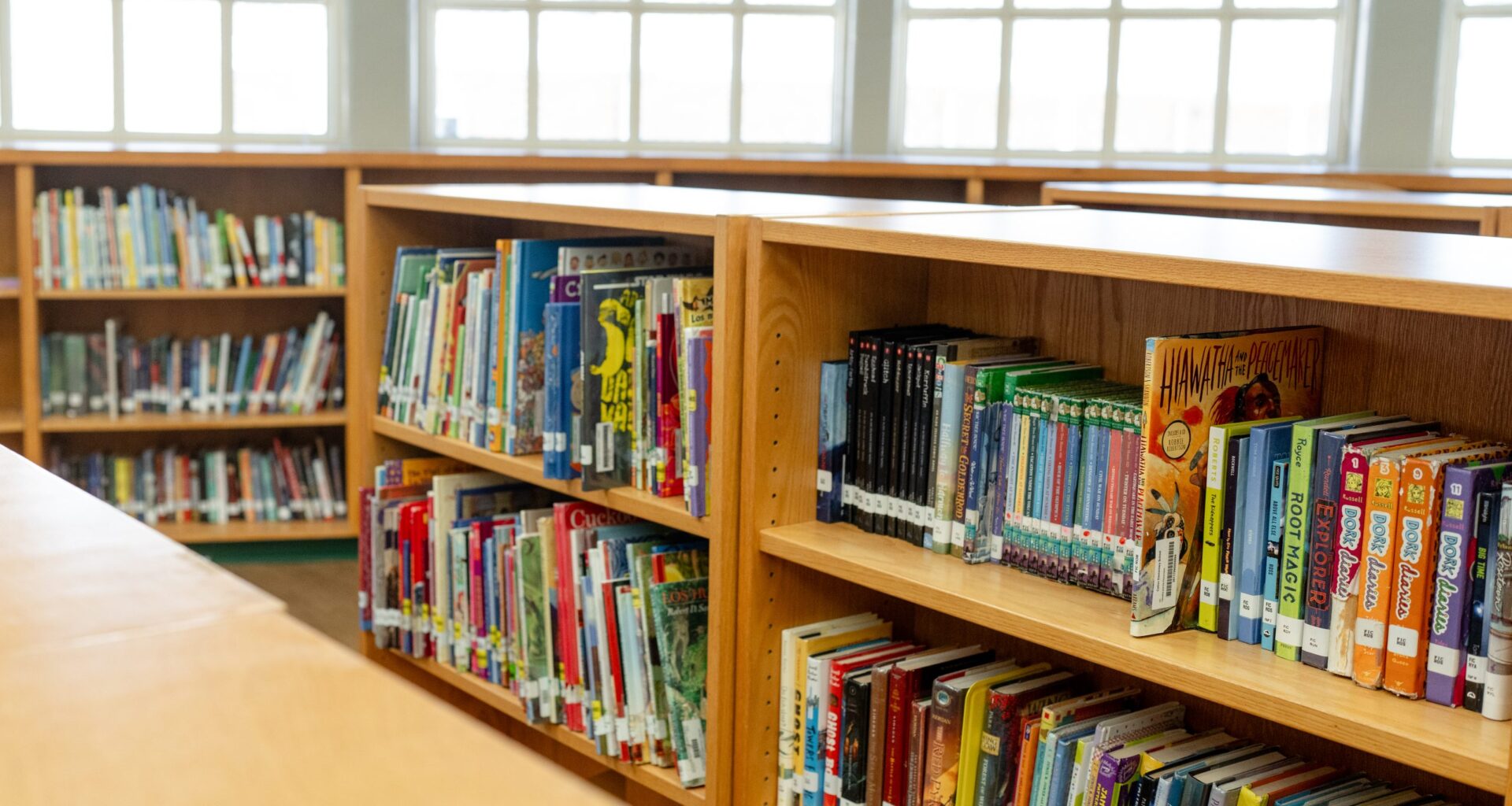Judson Independent School District is making headway on adjusting to new state laws that uniquely affect Texas public schools.
Coming off the heels of the 89th Texas Legislative Session school districts around the state have a short window to comply with new state mandates that ban cellphones, adjust teacher pay and change the process for purchasing school library books.
At the same time, most school districts should have already adopted a budget for the 2025-26 fiscal year, a process that can be weighed down as district officials take new laws into consideration while largely dealing with budget deficits.
In June, school board trustees for Judson ISD approved a $207 million budget for the upcoming school year with a $37 million budget deficit. The budget includes money earmarked by the state for teacher raises under House Bill 2, which was signed into law in June.
During a meeting on Thursday, Judson ISD officials made more moves to comply with some other mandates coming out of the regular session.
The district’s first day of school is Aug. 13.
Texas mandates teacher raises
While HB2 prioritizes experienced teachers — allocating raises of $5,000 for teachers with more than five years of experience and $2,500 for teachers with two to five years of experience under the “teacher retention allotment” — it does leave some room for other district employees to make more money under the support staff retention allotment.
Under that allotment, school districts receive $45 per student and are free to disperse that money to qualifying staff however they see fit. Administrative employees are not eligible for pay bumps under that allotment, however.
Judson ISD is set to receive a total of $830,000 from the state for employees including teachers with less experience plus nurses, counselors, librarians and other support staff. Under the teacher retention allotment, the district expects to get roughly $6.4 million.
Before voting on how to split the money at Thursday’s meeting, Trustee Laura Stanford likened the decision to a parent having to choose between their children.
“I really hate the position we’ve been put in by the state,” she said.
In the end, the board approved a compensation plan in a 4-2-1 vote implementing the state-mandated teacher raises and an overall 1.5% raise for nearly all district employees who didn’t qualify for the teacher retention allotment, leaving Judson ISD on the hook for more than $1 million to pay in benefits.
Board president Monica Ryan and trustee Amanda Poteet voted against the plan, and trustee Lesley Lee abstained.
 The Judson Independent School District board of trustee approved several policies to comply with new state laws during a July 31 meeting. Credit: Amber Esparza for the San Antonio Report
The Judson Independent School District board of trustee approved several policies to comply with new state laws during a July 31 meeting. Credit: Amber Esparza for the San Antonio Report
School library changes
School libraries captured the attention of state lawmakers during the regular session too, and despite pushback from school librarians in Texas, Senate Bill 13 passed in June and takes effect Sept. 1
Under the new law, school librarians must present their book purchase lists to the school board for approval. The law also allows for parents to form reviewing committees for their local school and to go over book lists, which would still need to be approved by the school board.
While librarians argued that SB 13 gives too much power to parents with “outsized voices,” Judson ISD officials say the district doesn’t have a history of sparking controversy over book-banning practices or concerns over having inappropriate material in school libraries.
On Thursday, trustees unanimously approved adopting the policy. Under the new policy, purchasing lists from every district campus would be consolidated and presented to the board for approval at one time.
Parents of at least 10% of the school’s student population or 50 parents, whichever is fewer, can petition the school board to form a library advisory council for their campus.
Cell phones banned
Before a Sept. 18 deadline, districts in Texas must adopt a cell phone policy to comply with House Bill 1481, which bans the use of “personal communication devices” on K-12 campuses.
Judson ISD adopted their policy July 31, but not before trustees expressed concerns that the law may be going too far.
Stanford questioned whether students would be ready for that kind of change, and trustee Jose Macias, Jr., asked whether teachers would receive extra training to prepare for potential student and parent backlash.
Under Judson ISD’s policy, students who bring personal electronic devices to campus must have them secured in their backpacks or bags, out of sight, set to a silenced focus mode or powered off, at all times during school hours. Use is not allowed during passing periods, lunches or during class.
The policy also requires that devices be confiscated on a student’s first offense, requiring a parent or guardian to pick it up from the school. A student may be assigned in-school suspension on a second, third or fourth offense. In extreme cases, the district may hold on to a student’s phone for 90 days and eventually destroy it.
School districts may not charge fines as a punishment for breaking the policy under HB 1481.
Superintendent Milton Fields said that as long as a cell phone is not “seen or heard” then it’s not on campus.
“We’re going to have to be consistent,” he said about implementing the new policy. “It would be the same as if you pulled out a weapon inappropriately on campus.”
